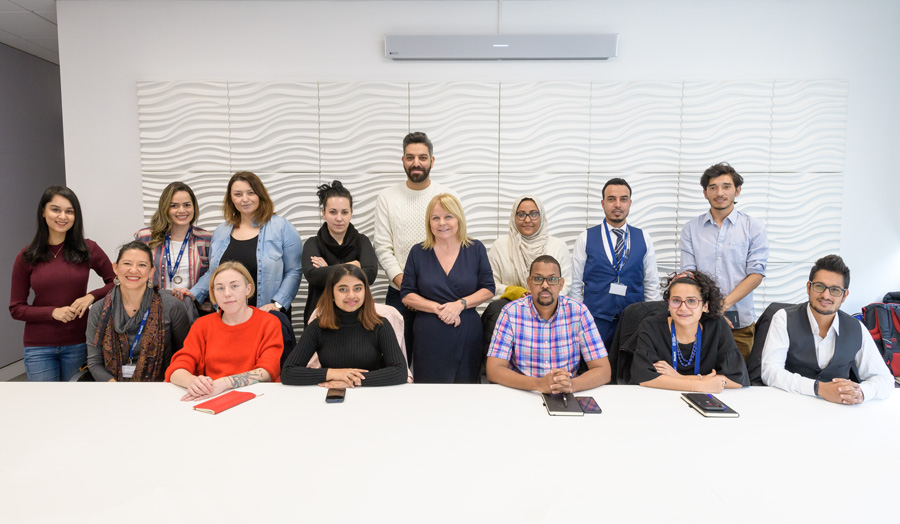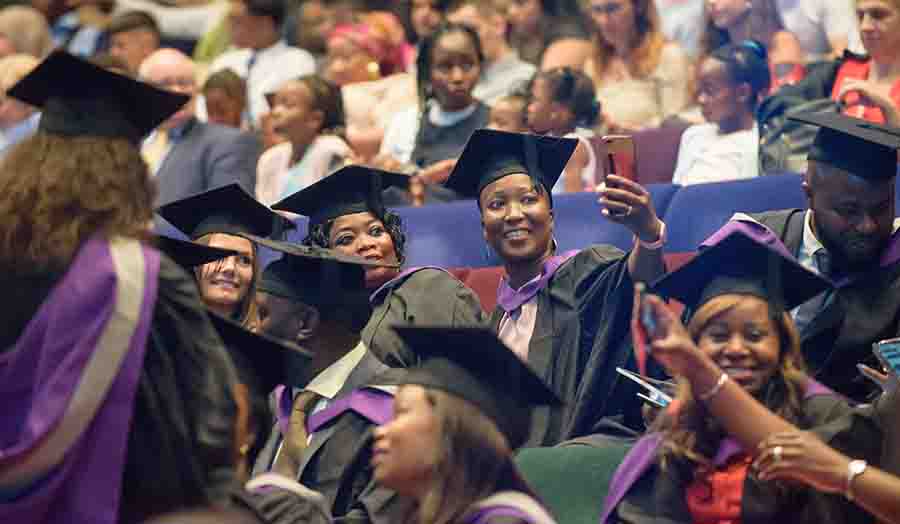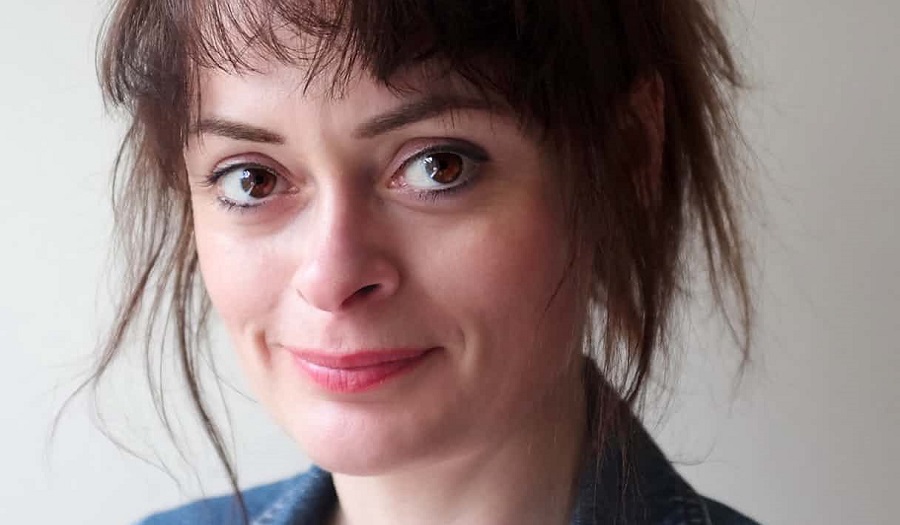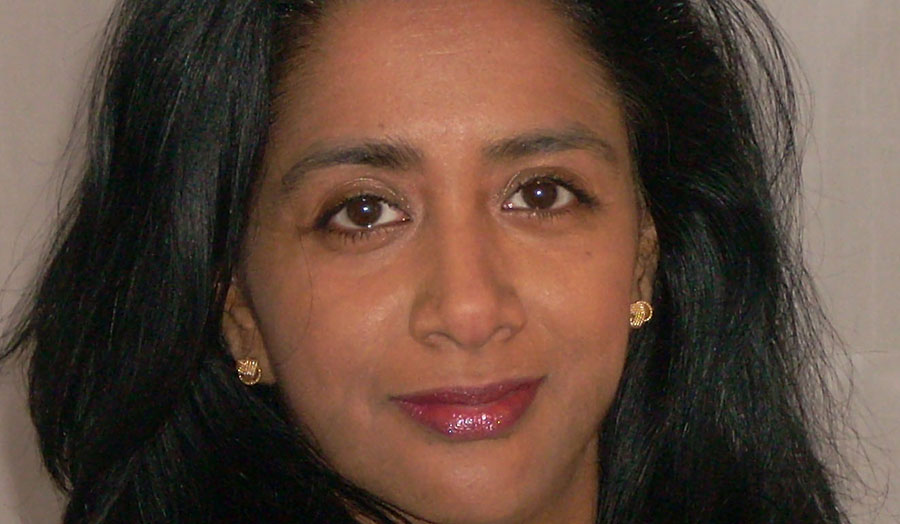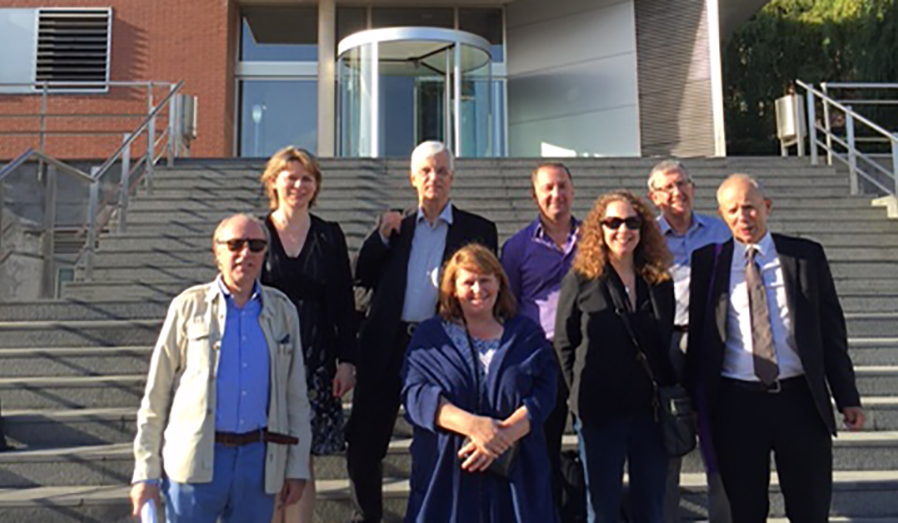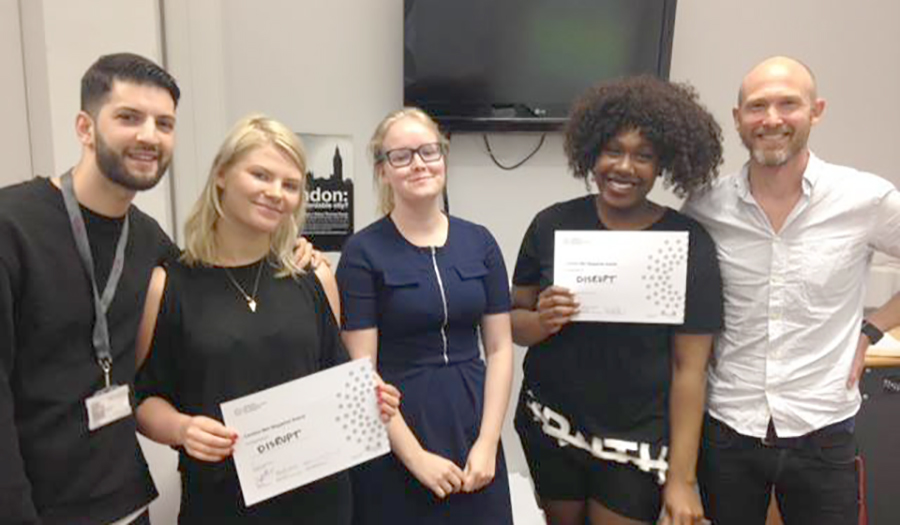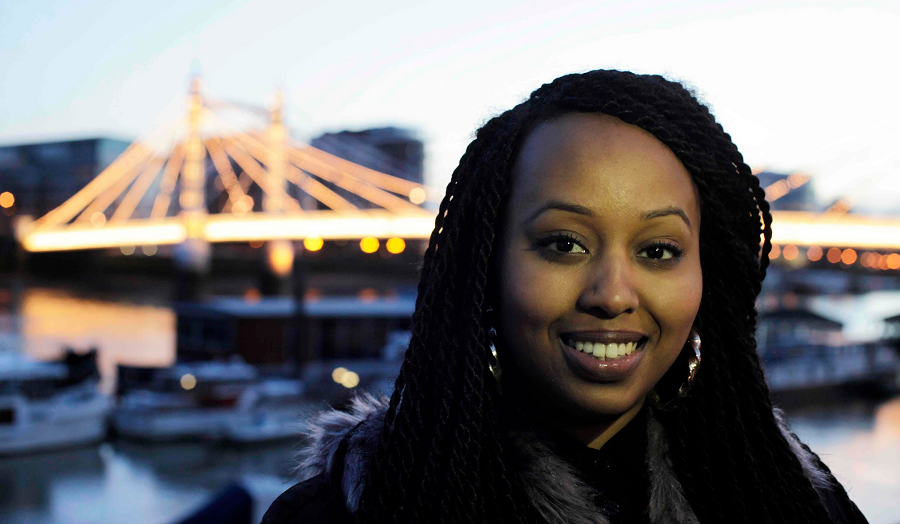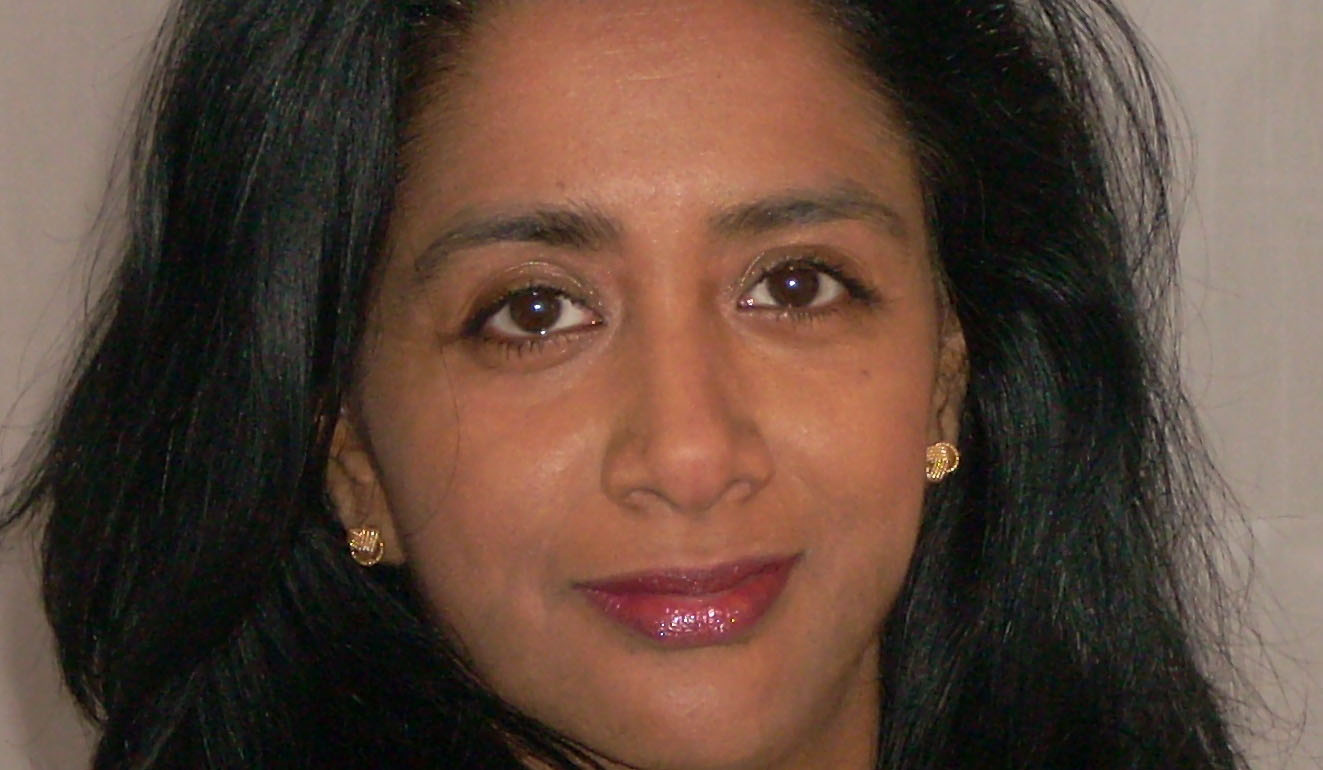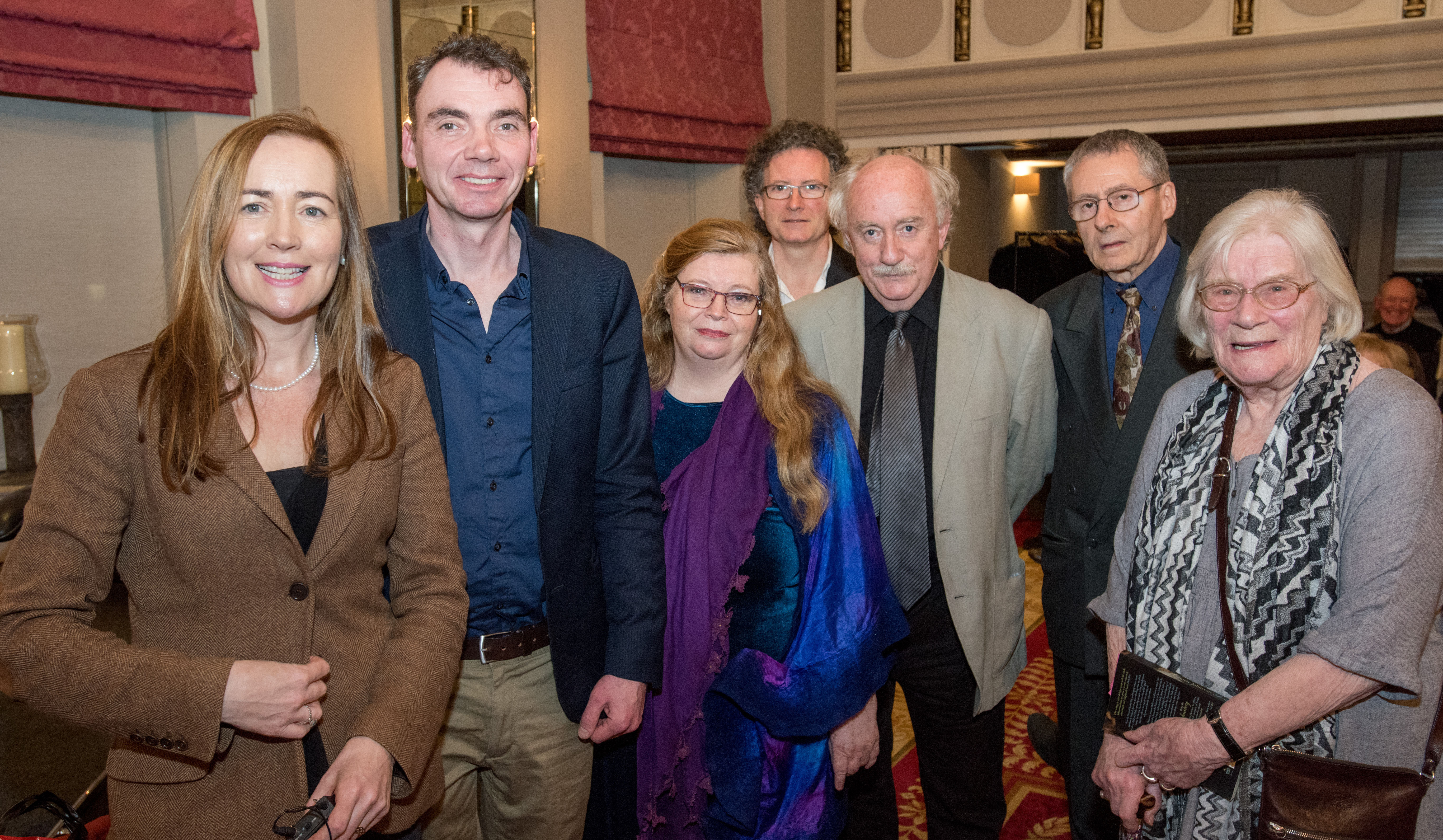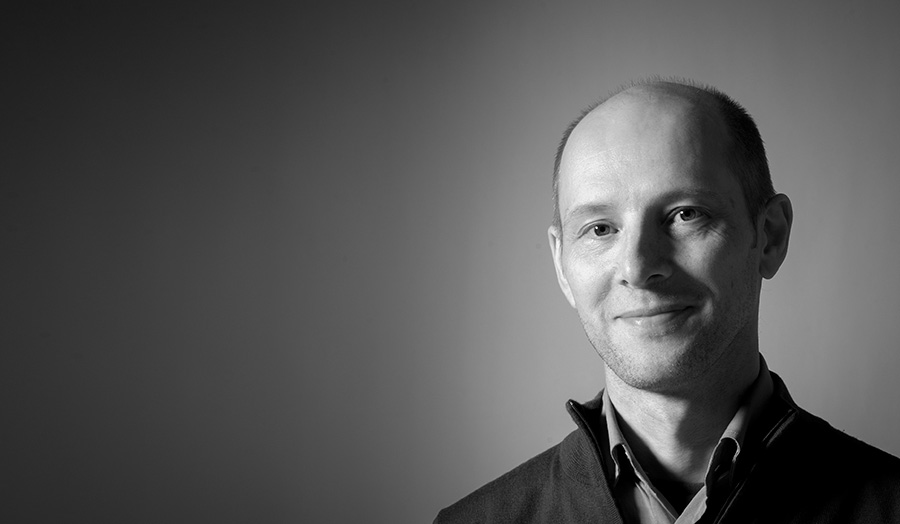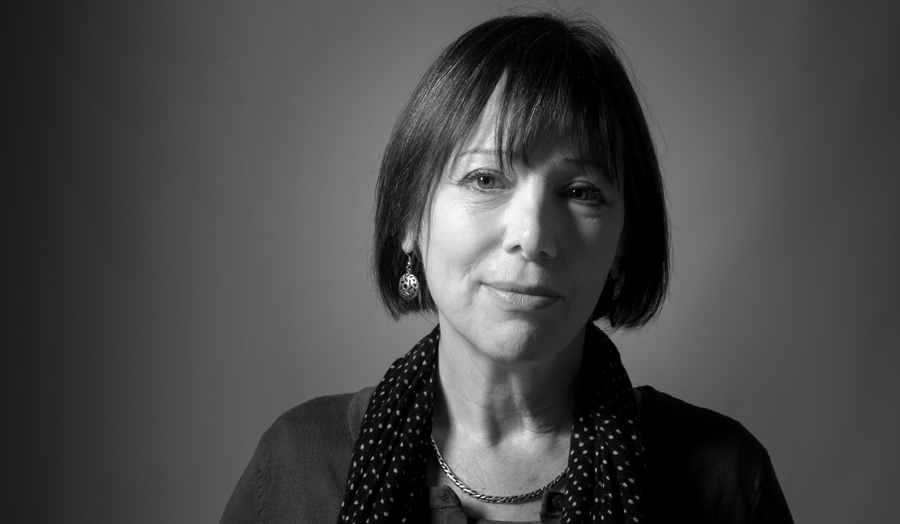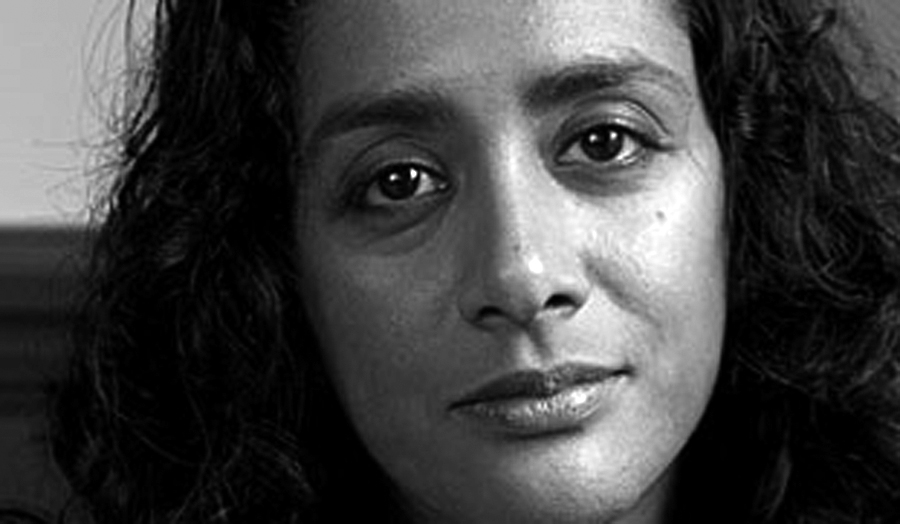Apply for this course
Please select when you would like to start:
Use the apply button to begin your application.
If you require a Student visa and wish to study a postgraduate course on a part-time basis, please read our how to apply information for international students to ensure you have all the details you need about the application process.
Why study this course?
Do you want to earn a living from your love of writing? London Met’s Creative, Digital and Professional Writing MA will help you develop your creative writing abilities and train you in the multimedia and digital skills required by professional writers working in the creative industries. You'll be taught by leading professionals with the skills, contacts and industry profiles to help you develop your own distinctive and individual writing voice that will be attractive to employers.
Learn from industry professionals
You'll be taught by leading professionals with the skills, contacts and industry profiles to help you develop your own distinctive and individual writing voice that will be attractive to employers
Boost your career prospects
This course will open up career opportunities in industries including media, journalism, film, publishing, e-books, marketing and communications
Benefit from extra-curricular activities
You'll benefit from field trips that will fire your imagination, as well as work placements in some of the prestigious media organisations based in London
Course modules
The modules listed below are for the academic year 2024/25 and represent the course modules at this time. Modules and module details (including, but not limited to, location and time) are subject to change over time.
Year 1 modules
Creative Writing
This module currently runs:autumn semester - Tuesday afternoon
(core, 20 credits)
This is a core, semester-long module that will introduce students of MA Creative, Digital and Professional Writing to the principles, techniques and forms of contemporary creative writing through practice and readings of long- and short-form fiction, digital texts, and other material. Seminars/workshops will develop students’ practice-based skills, primarily in fiction though students may also work in other genres.
The module aims to develop students’ knowledge and skills as follows:
• You will research, write and edit creative writing for print and other media.
• You will develop the ability to reflect upon, critique and evaluate your own writing and to articulate the ethical basis of your creative practice.
• You will learn to recognise and understand the historical development of literary forms and situate your own writing in both historical and contemporary literary and critical contexts.
• You will undertake and combine diverse forms of research appropriate to the professional ethos of the course and your own creative practice.
• You will develop a professional and international approach to creative writing with regard to potential audiences, commissioning editors, markets, publication platforms, digital opportunities and how to access these.
Read full detailsCreative, Digital and Professional Writing Project / Dissertation
This module currently runs:summer studies
autumn semester
spring semester
(core, 60 credits)
This module focuses on the production of either a practice-based project or an academic dissertation. It provides students with the opportunity to produce a substantial piece of work that integrates subjects and approaches studied on the programme, or alternatively to specialise in one area of the curriculum. Students will devise, plan, research, draft and bring to final form a dissertation or a practice-based project plus reflective commentary. The emphasis throughout will be on the student’s ability to study independently under supervision.
Aims:
• You will enhance your communication skills through an extended piece of creative, creative nonfiction or professional writing; or an audio-visual or digital production appropriate to the multi-media modes of current practice; or through individual research and writing of a scholarly or journalistic nature.
• You will develop a reflexive and value-led awareness of the creative, theoretical and/or technical processes required to engage in the planning, research and production of a substantial project or dissertation relating to the creative, digital or professional writing area.
• You will engage in a process of sustained independent enquiry and innovation appropriate to a Masters level award.
• You will refine your reflexive understanding of and ability to articulate the value and ethical basis of your own creative, professional or scholarly practice, as demonstrated by your project/dissertation.
Read full detailsDigital Storytelling
This module currently runs:spring semester - Tuesday morning
(core, 20 credits)
This module explores the creative potentials of digital platforms and tools for writers within the postdigital era. It stimulates students to experiment with how their own writing practice and ideas about literature, storytelling and persuasive communication might continue to take new directions in response to the many ongoing innovations in digital media and their cultural impacts.
Aims
• You will extend your own writing practice in relation to digital innovations of narrative and rhetorical technique, form and effect.
• You will develop your technical, theoretical and experiential understanding of the current state of the field of digital forms of creative and professional writing.
• You will think critically about dominant cultures associated with various digital tools and platforms.
• You will enhance your range and critical self-awareness as a writer in contemporary creative and/or professional domains.
Feature and Arts Journalism
This module currently runs:spring semester - Thursday morning
(core, 20 credits)
This module allows students to devise, research and write, in a workshop setting and through independent study, feature articles of the type published in magazines, newspapers, online and other journalistic outlets. Creative activity will be informed by critical reading of published work in feature and arts journalism and secondary texts about these fields. Students are required to develop, plan, research and write two or three feature articles with different orientations, based, for example, around a topical issue, arts event, interview, or profile.
This is a core module on the MA Creative, Digital and Professional Writing. It inducts students into the professional levels of research, writing, editing, and market awareness that they will need to develop in order to be published. As such it is a key employability module on the MA.
Aims
• You will learn how to structure a feature article, develop an individual voice, and write to length.
• You will devise, research, write, edit and pitch a variety of feature articles so as to understand their different requirements and imperatives.
• You will develop an understanding of the imperatives and constraints exerted by different markets and outlets for feature articles.
• You will explore the range of contemporary writing about the arts with a focus on related feature articles.
Research for Creative Practice
This module currently runs:spring semester - Wednesday afternoon
autumn semester - Wednesday afternoon
(core, 20 credits)
This module explores how creative practitioners research, develop and reflect upon their own creative practices and those of others. You will study, through diaries, interviews, archives and other documentary sources, how writers and other creative practitioners, such as fine artists, choreographers, film-makers, screenwriters and performers, develop and sustain their professional practice and how this is shaped by economic, social, cultural and institutional factors, as well as creative and aesthetic ones. You will reflect upon how creativity is influenced by inequality, social class, race, gender, sexual preference and identity, among others, and the role played by funding decisions, networking, digital technologies and changing patterns of cultural consumption and the creative industries.
You will also learn about historical and contemporary theoretical ideas about the nature and value of creativity and originality and how to contextualise and theorise your own creative practice in the light of these. You will learn about the ethical challenges facing creative practitioners and other cultural constraints they may encounter and ways of resolving them. You will be encouraged to reflect upon your own positionality.
The module will act as a pathway to the MA final project, enabling you to situate your creative decisions effectively, and to reflect upon practice-based research, research-led practice and traditional academic research.
Aims
• You will learn how to research, develop and reflect upon your own creative practice
• You will study the practices of other creative practitioners and how they develop and sustain their careers
• You will study changing ideas about creativity and how they are shaped by economic, social, technological and institutional factors
• You will learn to identify contemporary ethical challenges in creative practice and how to resolve them
Accredited Work-Based Learning in the Creative Industries
This module currently runs:spring semester
autumn semester
summer studies
(option, 20 credits)
This module enables postgraduate students to develop and extend practical arts and/or media experience and expertise in a professional environment. Students will work with and be mentored by selected arts and/or media practitioners. The responsibility for finding a suitable work placement is with the student; the University cannot guarantee a work placement, only the opportunity to undertake and gain appropriate academic credit for it. The placement will be co-conducted by the student, the practitioner(s) (who will act as, or nominate a member of staff to act as, the workplace mentor to the students) and the module convenor (who will advise on the suitability of the placement and assess its academic outcomes).
The module is primarily for postgraduate students studying and/or planning to work in arts, media, publishing, marketing, digital, PR, journalism or creative industries areas. It aims to develop students’ knowledge and skills accordingly:
• You will research a sector of professional practice to identify potential work opportunities and appropriate ways to apply for these.
• You will work in a relevant environment and learn from professionals who are experienced in fields related to your programme of study.
• You will consolidate and apply knowledge and skills acquired in your other postgraduate modules and develop new knowledge and skills through practical and professional work.
• You will enhance your understanding of the requirements and constraints of a professional environment and develop your ability to reflect critically on your own skills and potential future role as a professional practitioner.
Creative Nonfiction
This module currently runs:autumn semester - Thursday morning
(option, 20 credits)
This module explores creative nonfiction, focusing on researching and writing different kinds of narrative such as history, life writing (biography and memoir), travel writing, science writing, sports writing, nature writing, reportage and literary journalism. You will study some leading examples of the genre. You will learn to identify suitable stories and apply techniques from both creative writing and long-form journalism to bring them to life in your own original portfolio of creative nonfiction. You will develop an understanding of the market for creative nonfiction and the ethical issues that can arise, along with an awareness of the history and cultural context of the form, and emerging, innovative new trends.
Creative nonfiction is a flourishing genre, opening up for novice writers a variety of pathways into publication. It bridges the Creative Writing and Feature and Arts Journalism core modules, so that together they provide you with a suite of advanced writing skills. It is a particularly valuable component of an inclusive curriculum since it encourages you to draw on your personal experience, to explore different ways of communicating this and to address the challenges of turning it into publishable writing.
The module will enable you to transform research and personal experience into creative nonfiction, to enhance your writing and editing skills through advanced writing workshop activities and to develop your understanding of the different markets and outlets for creative nonfiction and therefore the publishability of your writing.
Aims
• You will learn how to plan, write and edit attractive pieces of creative nonfiction, with an understanding of how to structure them for different markets
• You will develop a critical awareness of the creative processes and research techniques involved in producing your own and others creative nonfiction
• You will learn how to identify the main characteristics of narrative nonfiction and be able to analyse creative nonfiction as a genre
• You will be able to learn independently as part of your continuing professional development
Digital Journalism
This module currently runs:spring semester - Monday morning
(option, 20 credits)
Students will learn to place their skills in, and understanding of, journalism in relation to today’s digital environment. They will develop their writing, production and design skills to a professional level, learning how to adopt creative approaches to creating journalistic stories across different media platforms, (including social networks, such as Twitter TikTok, Facebook Live, Snapchat). Students will be asked to build multimedia packages, blogs, websites and develop ways of working that engage the audience in interactive and participatory ways.
Specifically, the module will introduce students to the writing skills and technical demands of online, audio and visual journalism. Students will be asked to develop and deliver news stories working individually and as part of a team.
Read full detailsDigital Video Production
This module currently runs:autumn semester - Monday afternoon
(option, 20 credits)
This module provides students with practical experience in the production of digital video. It will serve as an introduction to the topic but is also suitable for those with some experience in this area.
Students will develop professional practices working individually or in small groups to produce a short documentary, promotional video, or mockumentary. They will be required to research, pitch, and develop a documentary proposal following industry guidelines and legal frameworks.
The module will give an overview of the commissioning process and will include input from industry professionals.
There will be an emphasis on how to film and work with documentary subjects (or characters) in an ethical way.
Students will learn about a range of documentary modes, genres and techniques via screenings, discussion, and practice. Key figures and films will be explored as well as emerging styles and formats.
Principles of Digital Media
This module currently runs:autumn semester - Friday afternoon
(option, 20 credits)
This module will provide students with a detailed understanding of the
essential changes new media bring about to society and culture; it will introduce them to the principles constituting new media functionality and will raise awareness of the operative structures new media enact and work through. This module will also help students develop a concept for and produce a new media project.
Routes into Publishing
This module currently runs:spring semester - Wednesday morning
(option, 20 credits)
This module will introduce students to the major current forms, formats, platforms and processes of publishing and dissemination of writing in a range of creative genres and media. The module takes advantage of London’s location, both as the hub of UK publishing and as a key node for the multi-directional, global flow of literature. Students will learn about contemporary UK and international publishing markets and typical roles within the sector; identify key factors guiding the industry; investigate a range of challenges, opportunities and innovations in the sector; and thus find ways to place their own writing within it. Students will research technical, legal, and cultural aspects of publishing different kinds of content, such as long- and short-form fiction, poetry, creative nonfiction, digital texts and other materials.
Through lectures and follow-up discussion seminars with guest speakers from the industry, students will be introduced to a range of current contextual knowledge as well as practical aspects of contemporary publishing, such as: submissions, queries, elevator pitches, book proposals, self-publishing and crowd-funding - thus providing students with an understanding of the wide spectrum of publishing activities today. These lecture-seminars will be shared with students on the BA Creative Writing and English Literature programme. Through tutorials (MA students only), students will explore how to apply this knowledge to their own professional development values and goals.
Aims
• You will become familiar with contemporary technical, cultural, and economic innovations in the field of publishing;
• You will learn to situate your own creative practice and professional development goals within the context of contemporary globalised publishing industries;
• You will develop transferable professional skills emphasising research, editing, communications and marketing;
• You will plan next steps in your professional development as a writer, taking account of an enhanced understanding of contemporary publishing.
Scriptwriting
This module currently runs:spring semester - Tuesday afternoon
(option, 20 credits)
This module introduces students to dramatic storytelling and the craft of writing scripts for the media of film and television. In line with film and television industry practice, students learn how to develop their ideas via outlines, treatments and story beats. This process of development is essential work before a writer can create a good script or screenplay.
Through a series of seminars and workshops, the module aims to introduce students to the major principles and techniques of screenwriting:
• You will develop new skills to enhance your writing and storytelling ability in the media of film and television.
• You will learn what a dramatic story is and how that applies to screenwriting.
• You will develop a critical awareness and understanding of existing screenplays, films and television drama.
• You will learn how to produce a range of development documents and a screenplay, all of which are required to work professionally.
• You will learn how to pitch your work professionally.
Learning will be a mix of analysing existing film and television dramas along with the development of students’ own project for the assessment. This project could be an idea for a feature film or a television series. It must be an original work, developed into a treatment together with a screenplay and accompanied by a reflective essay.


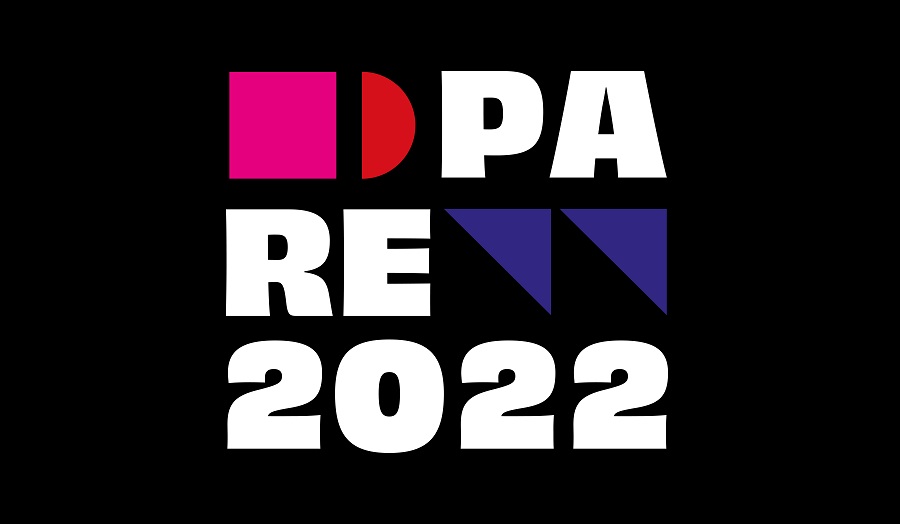
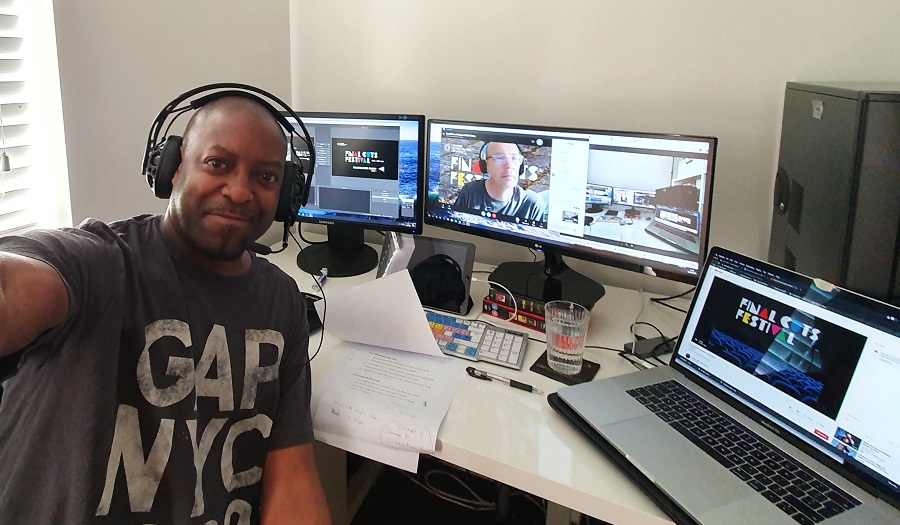
-(1).jpg)
